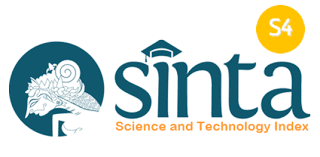The Development of the FAP (Formative Assessment Platform) to Promote Holistic Student Competency Development: An Empirical Study in 100 Schools
Abstract
This research aims to 1) develop the Formative Assessment Platform (FAP) to assess and enhance learners' competencies, and 2) evaluate the effectiveness of the FAP platform in fostering students' competencies across 100 schools in four provinces of Thailand: Surin, Sa Kaeo, Krabi, and Lampang. The FAP platform enables teachers to monitor student behaviors, record data, and provide personalized feedback, targeting four core competencies: critical thinking, creativity, collaboration, and communication. Using a mixed-methods approach, the study employed a pre-test and post-test design with quantitative data from 197 teachers and 2,454 students. Qualitative data were gathered through semi-structured interviews with teachers. The results show that teachers were highly satisfied with the FAP platform (average satisfaction score of 4.54 out of 5), particularly in terms of ease of use (4.71) and perceived benefits (4.65). Students demonstrated significant competency development, especially in collaboration (effect size = 0.71) and creativity (effect size = 0.65), with an overall effect size of 0.57. The study recommends scaling up the FAP platform to further enhance Thai education quality by improving teacher training, supporting the integration of the platform, and developing competency-focused curricula. Future research should explore the long-term impact of FAP on student outcomes, compare its effectiveness with other platforms, and investigate factors influencing its sustained use.
Downloads
Copyright (c) 2025 Thanyawich Vicheanpant

This work is licensed under a Creative Commons Attribution-ShareAlike 4.0 International License.





